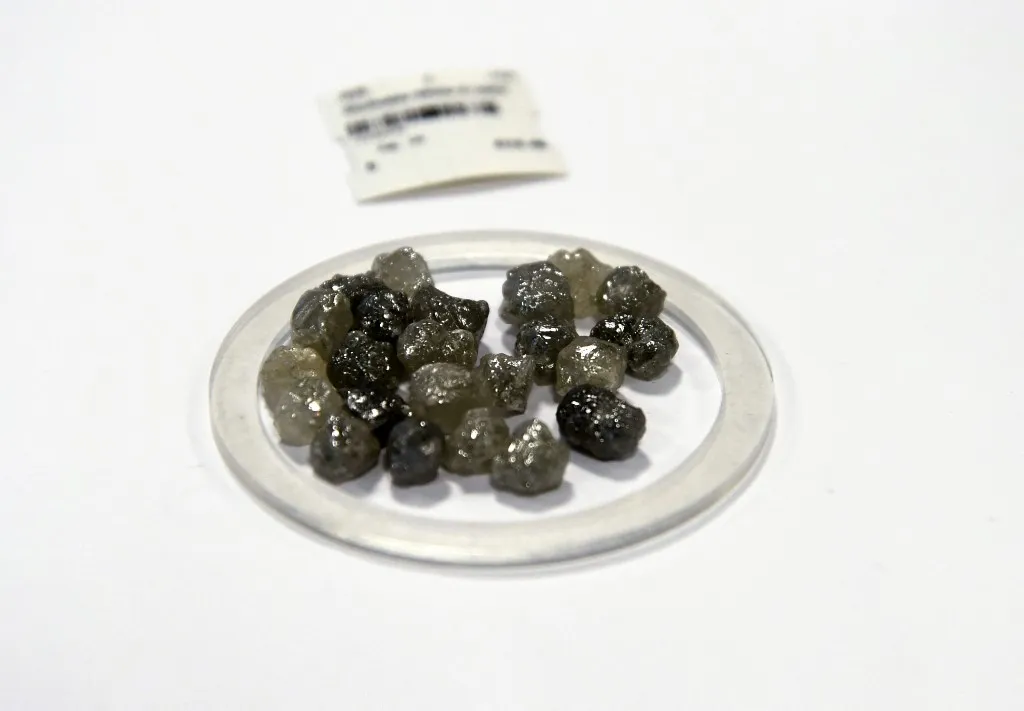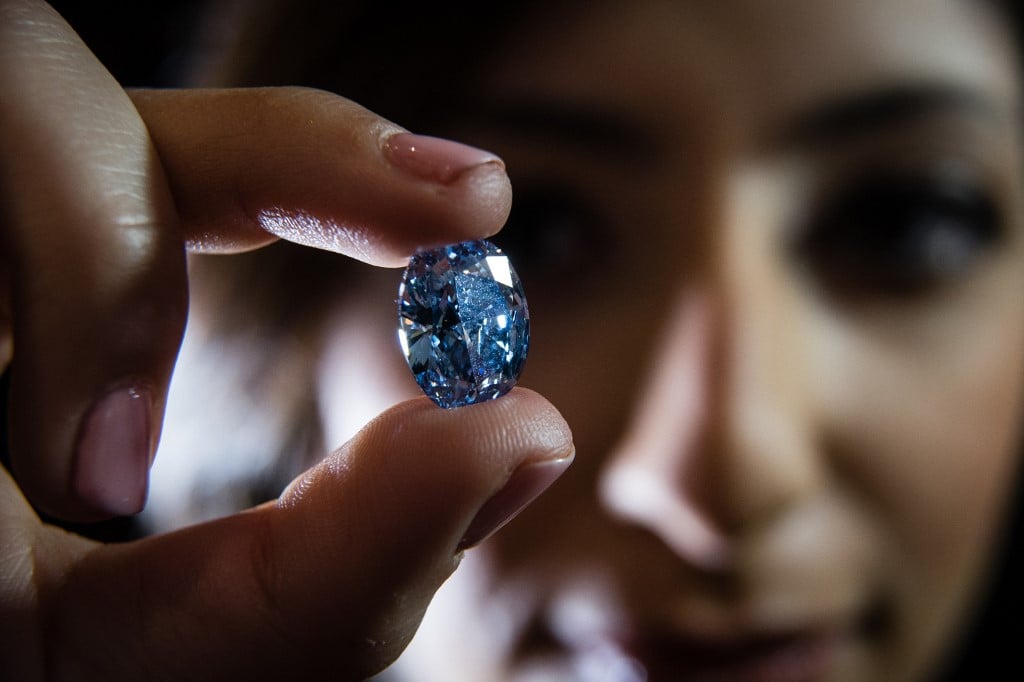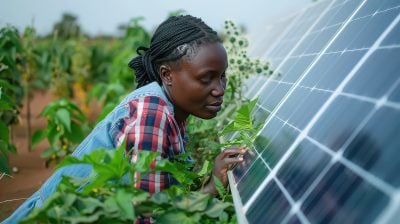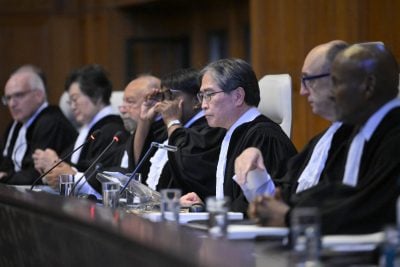After a tough year, the African diamond industry is finally looking to the future with optimism again. In 2019, restrictions brought about by the Covid-19 pandemic decimated consumer markets, paralysed supply chains and led to the closure of mines.
Companies were forced to slash investment and weigh up mass retrenchments. But now a year of supply restrictions has reversed a market glut and diamond companies are spearheading the vaccine drive in mining communities (see box below).
Prices crash
Diamond prices crashed 15-20% in April 2020 as travel restrictions and lockdowns bore down. While some African mines from Lesotho to Zimbabwe remained operational, others shut at the height of national lockdowns to fend off pressure on fragile healthcare systems.
The consumer market was similarly hit – diamond retailers, including Tiffany’s and De Beers, closed boutiques in Hong Kong, London and New York, while border restrictions halted gem shows.
In mid-January prices had tanked as China, the world’s second largest consumer of polished diamonds, and its East Asian neighbours temporarily closed around 75% of jewellery stores, global diamond analyst Paul Zimnisky notes.

As the coronavirus spread from China, diamond trading and related activity was halted in the industry’s important regional trade hubs. The world centre of diamond cutting and polishing, Surat in India, was shut down when the city closed its factories in March, causing stockpiles to grow. As a result, India’s rough imports fell from $1.5bn in February to $1m in April, according to data from the Gem and Jewellery Export Promotion Council.
In Africa, which accounts for up to 50% of world supply and is home to major producers such as Botswana, Democratic Republic of Congo and Angola, the industry was devastated.
In Botswana, the biggest African earner from its diamond production, eight months of border closures shut out the “sight-holders” who flock from around the world 10 times a year to inspect De Beers’ latest haul in Gaborone. The economy contracted by 9.6% in 2020 according to the IMF.
In Guinea, whose Banankoro-Sefadou region in the east is laced with rich deposits of precious stones, diamond exports dropped from 270,000 carats in Q1 2019 to a paltry 39,000 carats in Q1 2020, according to the National Bureau of Expertise (BNE), which oversees the country’s exports.
Bouncing back
But now, the global diamond industry is not only regaining its sparkle, it has bounced back stronger than before the pandemic, Zimnisky says.
“Now you’re seeing demand return and diamond prices are higher than they were before the pandemic, that translates to more revenues for countries with exposure to diamonds like Botswana.”
The comeback began as Indian cutters and polishers reopened last year, kick-starting the global supply chain and nursing a recovery in the second half of 2020. Diamond-producing economies are braced for a rebound. Botswana’s economy is predicted to grow by 7.7% this year after the country reopened its borders in December.
Paradoxically, the pandemic’s suspension of mining operations has wiped out a diamond supply glut that has amassed over the last decade, making the global diamond industry glitter brighter than ever.
After peaking in 2017, rough diamond production had declined by about 5% per year. Yet 2020 saw a 20% decrease compared with the previous year, data collected by business consultancy Bain & Company finds.
“Now we’re starting to see supply shortages – we started to see that before the pandemic accelerated that problem. The oversupplied market was the biggest problem for the industry over the last decade,” says Zimnisky.
As economies rebound under the impact of vaccines and stores reopen, a recovering consumer economy has unleashed pent-up demand.
“This is probably the most enthusiastic I’ve seen this industry in quite some time. The sentiment is quite strong,” concludes Zimnisky.
African extractors help vaccination efforts
International mining companies in Africa are vaccinating local communities in which their mines operate in an effort to get their operations back on track, companies and industry insiders say.
London-listed Gem Diamonds, which has mines in Botswana and Lesotho, has pledged 20,000 vaccines to the government of Lesotho, the company has told African Business. They will “be used for the benefit of the approximately 2,000 mining and contractor workers at the Letšeng mine and also for the local communities and villages,” the company said in an emailed statement.
The mine, which is located in the country’s northern region and known for unearthing several diamonds as big as ping-pong balls, is also handing out masks, sanitisers, testing kits and food parcels in surrounding villages.
While it is unknown which vaccine will be deployed in the tiny landlocked kingdom, the rollout will be managed by UNICEF according to a tier system.
Elsewhere in southern Africa, Russia’s state-controlled gem giant Alrosa is giving out “dozens of thousands” of the Sputnik V coronavirus vaccine in Angola and Zimbabwe, CEO Sergey Ivanov told Bloomberg news agency in February. Pending production, these would be shipped “in the second half of March”, Ivanov said, without specifying the exact number of doses each nation would receive.
Meanwhile, De Beers, the world’s largest diamond company, is involved with efforts in Botswana, the country where 70% of its stones are mined. It has joined with other private sector entities as part of a committee focused on collaborating with the government in support of the procurement and distribution of Covid-19 vaccines, a spokesperson for the company told African Business.
Gobusamang Keebine, president of Business Botswana, says that talks are ongoing as the government and diamond companies try to agree who will distribute the vaccines once procurement issues have been settled.
Botswana is signed up to the World Health Organisation’s vaccine distribution scheme for developing countries, Covax, to which it has so far paid $10m, Keebine says.
Covax aims to protect 20% of the country’s 2.3m population, and is due to deliver 100,800 doses of the AstraZeneca vaccine to the country.
Want to continue reading? Subscribe today.
You've read all your free articles for this month! Subscribe now to enjoy full access to our content.
Digital Monthly
£8.00 / month
Receive full unlimited access to our articles, opinions, podcasts and more.
Digital Yearly
£70.00 / year
Our best value offer - save £26 and gain access to all of our digital content for an entire year!
 Sign in with Google
Sign in with Google 



